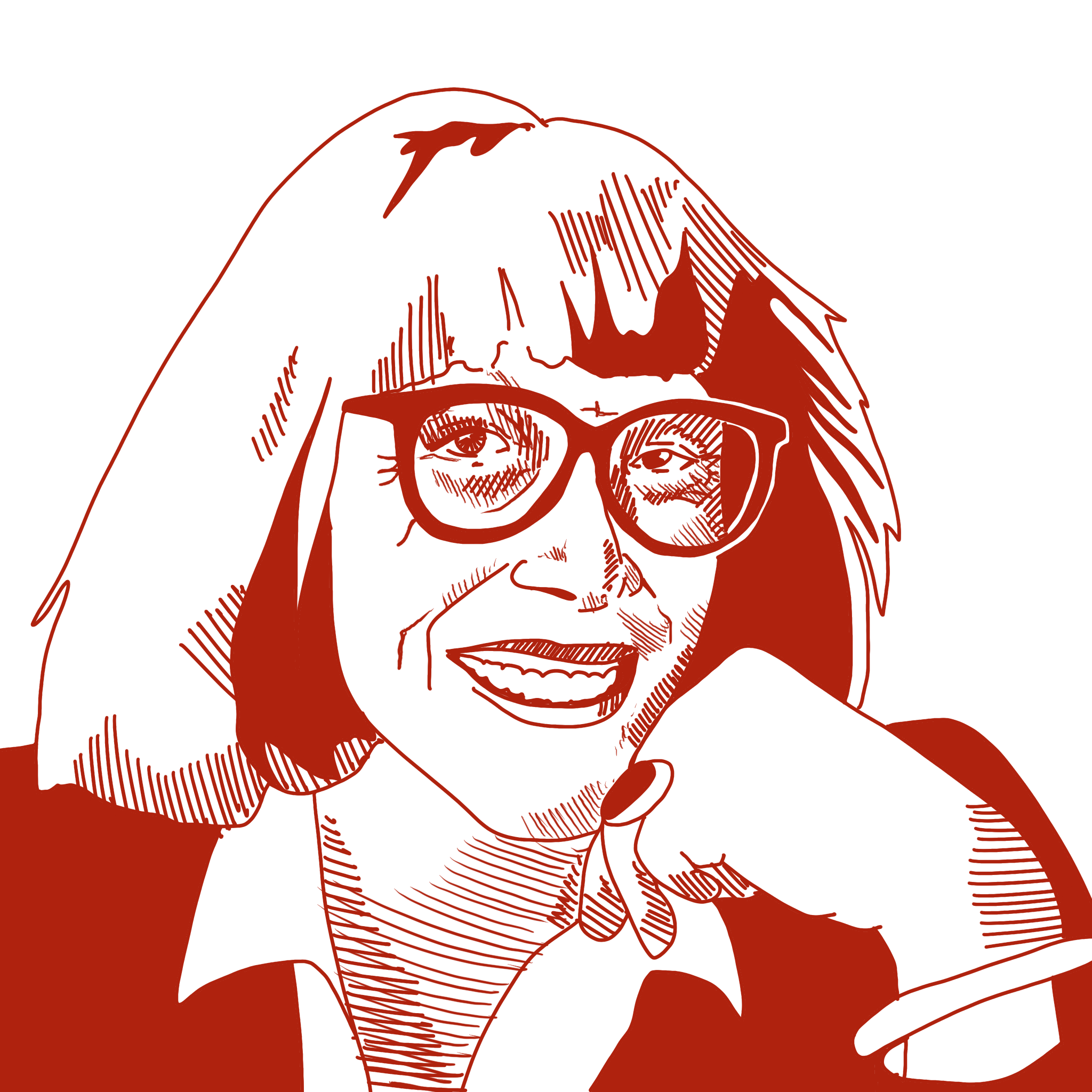Feminist to Know: Margo St. James
Margo St. James (born in Bellingham, WA!) was an influential leader in the movement to recognize sex work as labor, and a founder of seminal sex worker’s rights organization COYOTE (Call Off Your Old Tired Ethics).
St. James moved to San Francisco as a young person in the 60s and quickly became associated with the Beatnik scene, often hosting expansive salons at her apartment, which were attended by prominent artists like Frank Zappa. Police soon became suspicious of the salons, and arrested her in 1962, accusing her of prostitution due to the number of people coming in and out of her apartment. This was a false accusation, and St. James said so in court, arguing that she’d “never turned a trick in her life,” but the judge presiding believed that was proof of her guilt, as “anyone who knows the language is a professional.”
Infuriated by her subsequent conviction and brief time in jail, St. James enrolled in law school, appealed her conviction, and became one of California’s first women private investigators. Unfortunately, her conviction blocked her from many jobs. As a result, she turned to sex work, among many other gig jobs, such as a valet parking attendant and a hostess. During this time, St. James began identifying as a feminist and began orienting her thinking around sex work labor activism.
In 1973, after some time of her lesbian poet neighbor Elsa Gidlow slipping feminist literature under her door, St. James founded COYOTE (Call Off Your Old Tired Ethics), an organization to advocate for sex workers’ rights. COYOTE took a comprehensive approach to bettering the lives of sex workers: it raised funds to contribute to the financial security of its members, advocated for further legal rights for sex workers, and worked to frame sex work as a legitimate form of labor. COYOTE not only worked on legal fronts to repeal prostitution laws and draft legislature that would protect the health, safety, and labor rights of sex workers, but it also worked with sex workers directly through legal clinics, counseling, and assistance in making career changes. A significant intervention of COYOTE’s was reframing sex work as a form of service labor that deserved labor protections and dignity like other service jobs.
Famously, St. James would host an annual Hookers’ Balls to celebrate sex workers, destigmatize sex work, and to raise funds for COYOTE programming, such as a bail fund and extensive programs and services to support sex workers and advance their health and wellbeing. At its peak, the Hookers’ Balls had an attendance of 20,000 people.
In 1999, St. James went on to found the St. James Infirmary Clinic with other COYOTE members, a health clinic by and for sex workers that operated through 2023. The clinic was founded in a context where basic rights like seeking out health services and acquiring protection were weaponized as a basis to criminalize sex workers’ very basic existence in society. In the clinic’s own words:
“It had only been twenty years since the San Francisco Department of Public Health reversed its policy of quarantining women arrested for prostitution, to force mandatory penicillin injections. (The clients were never arrested, so they never enjoyed similar hospitality). Now sex workers were being convicted for carrying condoms while allegedly “soliciting.” Meanwhile, the Convention and Visitor’s Bureau was passing out condoms in San Francisco’s upscale hotels. The irony was rich.”
Through its tenure, the clinic worked to embrace the principles of harm reduction, advocate against the criminalization of sex workers, advance public health, and expand healthcare access.
Margo St. James’ contributions to the feminist movement were immense. Her work challenged mainstream “feminist” discourses of the time which often drew harsh lines between housewives and sex workers, and also made significant ideological contributions to the movement in reframing sex work as a legitimate labor practice.
